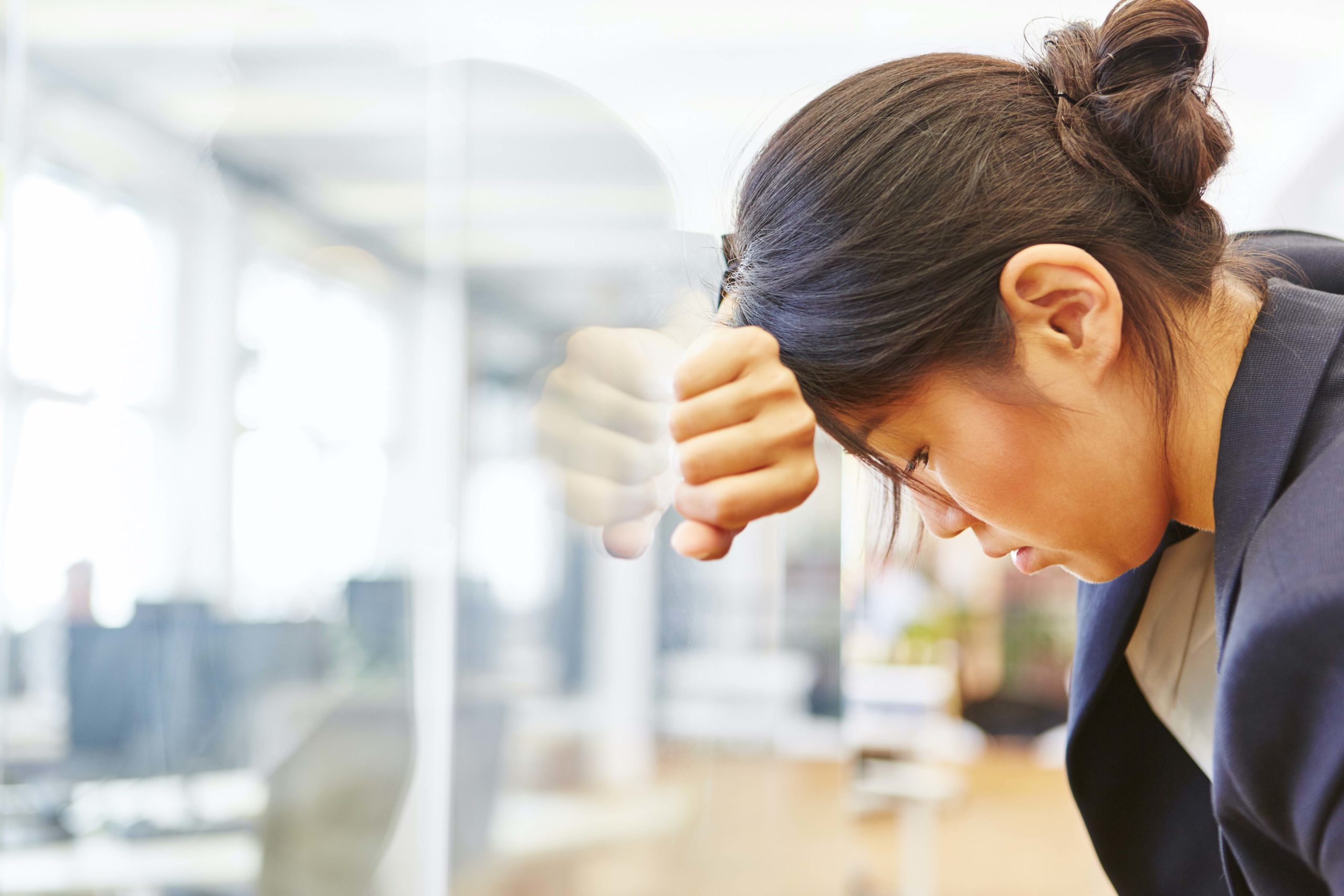As Covid restrictions continue amid global fears of a second wave, women are facing a “rougher edge” of the pandemic and, increasingly, they are burning out, says Mandeep Jassal from the Priory Wellbeing Centre, Dubai.
The center is seeing an influx of people with Covid-19 burnout. Trying to keep everything afloat can take its toll emotionally, especially on women. Even in the best of times, a number of studies have shown that a disproportionate share of the household burden still falls on women, especially older women.
Researchers from Boston Consulting Group, which surveyed more than 3,000 people in the US and Europe, found that working women spend an average of 15 hours a week more than men on unpaid domestic labour. Meanwhile work-life conflict is linked to “poor physical and mental health, and life dissatisfaction.”
“Most women have learnt what a woman ‘should’ be doing from their mum or another female role model. These expectations – whether set by other people, by social media or oneself – create huge pressure for women to be all things to all people. Covid-19 has further exacerbated the responsibilities women need to juggle as they try to work full-time, run a home, raise children and look after elderly parents – hence why they are often referred to as the ‘sandwich generation’.”
Working from home often means the boundaries between work and home lives become blurred, while many people are now going above and beyond and working even harder than normal to demonstrate their value to their bosses as the worldwide economy struggles. For those who are still home-schooling, the pressures are even greater.
“While there are benefits to being around family 24/7, it can often be quite stressful in reality and a dependence on unhealthy foods and other vices, such as obsessive internet shopping and substance abuse, can be considered coping strategies for many, which of course they are not,” explains Jassal. “They may provide a short-term emotional fix, but in the long term they create more debt and feelings of guilt and shame.”
Women, who notoriously often put themselves last when it comes to their health, need access to support to prevent long-term depression and anxiety from taking hold, she says.
“The less we work our body’s muscles, the weaker and less energy we will have. The same applies to our mental health. The more we engage in nurturing our overall sense of wellbeing, the more energy and motivation we will have to undertake activities. The cycle can spiral downwards as well as upwards.”
With long working hours, couples may see their quality time slipping away, as well as time they once had to air concerns and effectively problem-solve, leaving them feeling overburdened and isolated.
“All types of workers are affected,” says Jassal. “High-flyers can be badly affected because they tend to drive themselves, to the detriment of their health. They may also be shouldering large responsibilities for budgets and teams at home and work. But it affects those at every level. As part of their cultural upbringing, some expats living in the UAE feel a high sense of responsibility for sending money back home to their parents or siblings to support them. Many may be holding down several jobs in order to do this. Naturally, this can bring about its own stresses and challenges.”
Jassal recommends the following strategies to help women to look after their mental health and reduce the likelihood of burnout at this time:
- Acknowledge how you are feeling by listening to your warning signs. Set boundaries and learn to say ‘no.’
- Do activities that you want to do as well as things you have to do. Break them down into manageable ‘chunks’ and don’t be afraid to ask for support from family and friends if needed.
- Undertake at least 30 minutes of exercise per day. It’s a proven way of helping both the mind and body to relax and de-stress, while also releasing an abundance of ‘feel-good’ hormones.
- Find your form of relaxation, whether it’s soothing music, reading or mindful meditation, and allow yourself time every day to find a quiet corner in the house to enjoy it by yourself, uninterrupted. Many mindfulness and meditation apps offer different types of meditation for different concerns, or simply basic meditation.
- Sleep and wake at the same time every day, even if your sleep pattern has been disrupted. Sleep and mental health are intrinsically linked. Without enough sleep conditions such as stress, anxiety and depression can thrive.
This report was provided by The Priory Group, a leading provider of behavioral care in the UK and Middle East.






